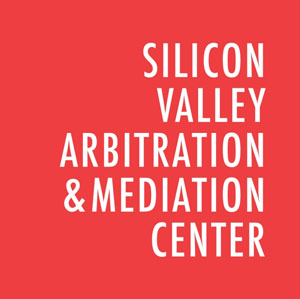In an earlier post I proposed that the special attributes of technology companies seem to have made them less likely to embrace arbitration and mediation solutions; and that a major reason was their perception that there were few highly regarded neutrals who also had benefitted from long immersion in high tech markets—whether as lawyers, business people or investors. That begs the question: Is it a fair observation that technology enterprises are different from smokestack companies, in ways that confirm the value of neutrals with deep technology experience? I say yes to that question.
For some years I taught an advanced elective in local law schools entitled “Technology and the Regulation of Competition.” A foundational question at the outset of those classes was: Do we need different economic and legal approaches when applying 100 years of antitrust law to high tech industries, or is it merely a matter of “new wine in old bottles?” My colleague and antitrust scholar Bill Kovacic believed the latter, describing the argument that technology businesses were different as “a conceit of the modern age.” I disagree.
Are tech enterprises different from smokestack companies, in ways that confirm the value of neutrals with deep technology experience? I say yes to that question.
Several characteristics now typify high tech companies and markets, while seldom seen in our economy before the 1980s.
• Network effects. The more people using Waze mapping, the more valuable that application is to any user. Same with users of Microsoft Office software; or LinkedIn.
• Disruptive innovation. Schumpeterian effects pervade tech industries. Consider Uber’s effect on taxis or the smart phone’s consequences for the camera market.
• Rapid change. Moore’s Law. Enough said.
• Low barriers to entry. Thousands of successful iPhone apps have been created by individuals working at home with little or no need for capital spending on office space, employees, R&D. Cloud computing obviates the need for buying server storage. Most semiconductor companies have been “outsourcing” their manufacturing for 20 years.
• Access to capital when needed. The venture capital eco-system, along with thousands of angel investors, clamor daily to invest in unproven ideas and inexperienced entrepreneurs, in search of the “next Google, Palo Alto Networks, Facebook, or Netflix. Who needs the big banks?
We could add to this list, but you get the point. Alcoa, General Motors, Abbott, Coca-Cola, Citibank, Pulte Homes, Home Depot and other long-term economic aristocrats grew up in a different world and economy than the environment in which tech start-ups start—and in which even mature public tech companies like Intel and HP still struggle to thrive. “Only the Paranoid Survive,” declared Andy Grove. There’s no escape from the high tech whirlwind for the big guys after they go public, as Microsoft, AOL and Research in Motion (Blackberry) can attest.
Still, you might well ask: So What? Why does it follow that technology companies need or even want a cadre of mediators and arbitrators familiar with the special attributes and demands of high technology? Or stated differently: What do such people bring to the table when resolving disputes between technology companies?
